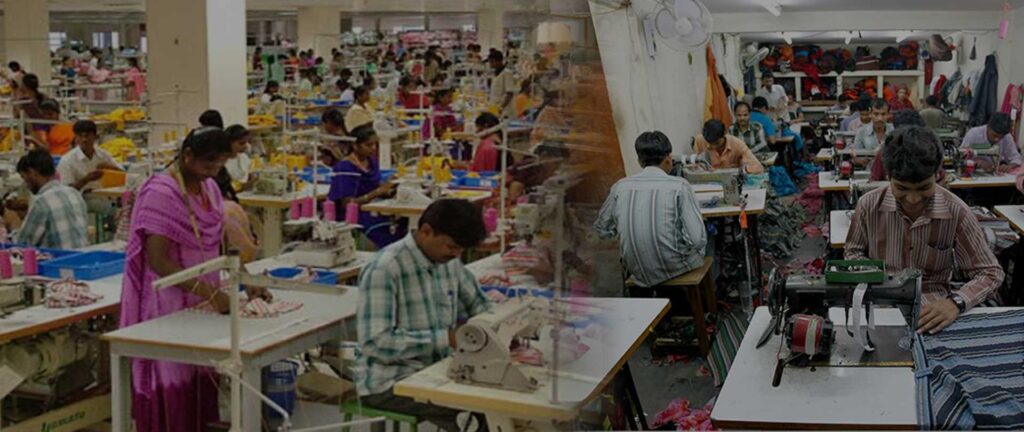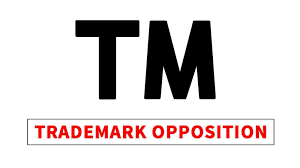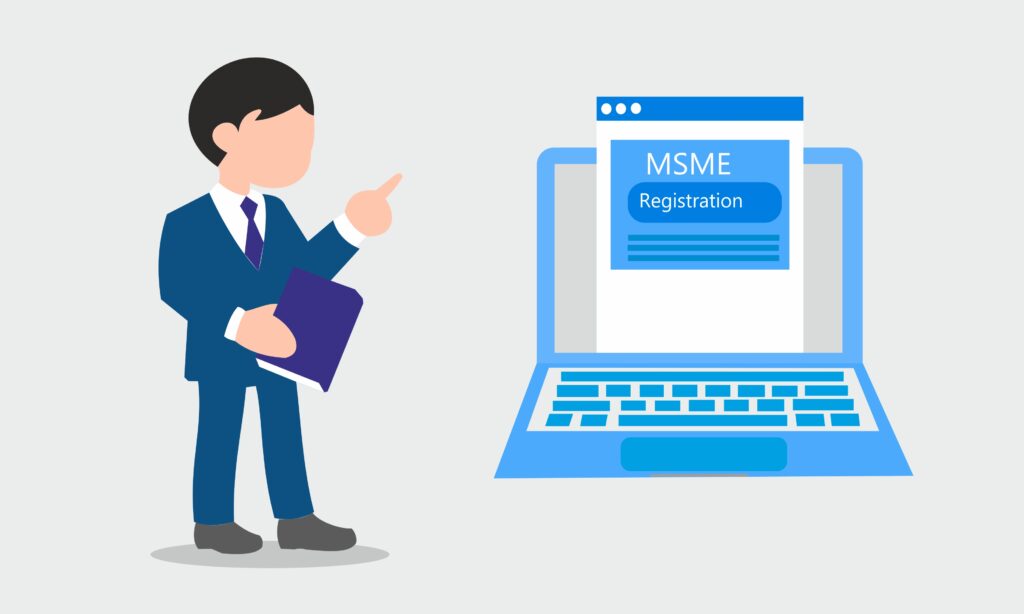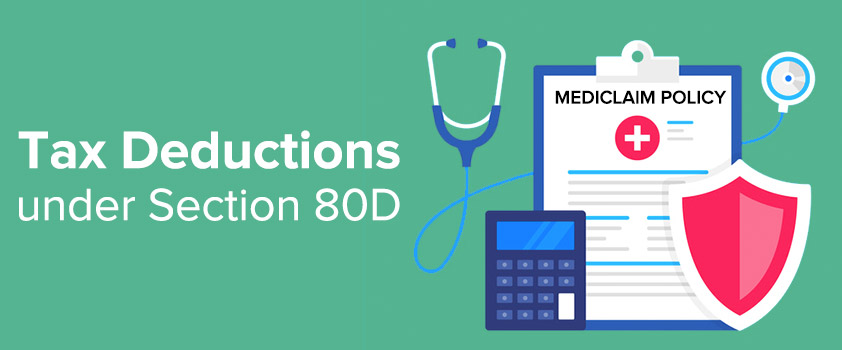Cost Records and Cost Audit Applicability
Rule 3 of Companies (Cost Audit and Records) Rules 2014 states that both domestic and foreign companies either in regulated or non-regulated sector engaged in production of goods or providing services with overall turnover from its all goods and services of 35 crore rupees or more is required to get the cost audit done compulsorily. Section 148 […]









